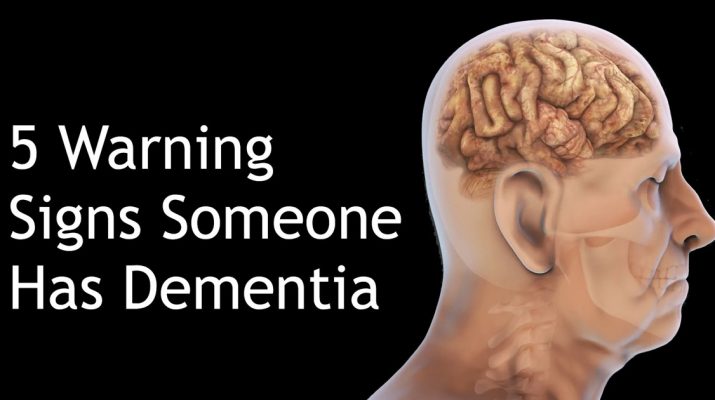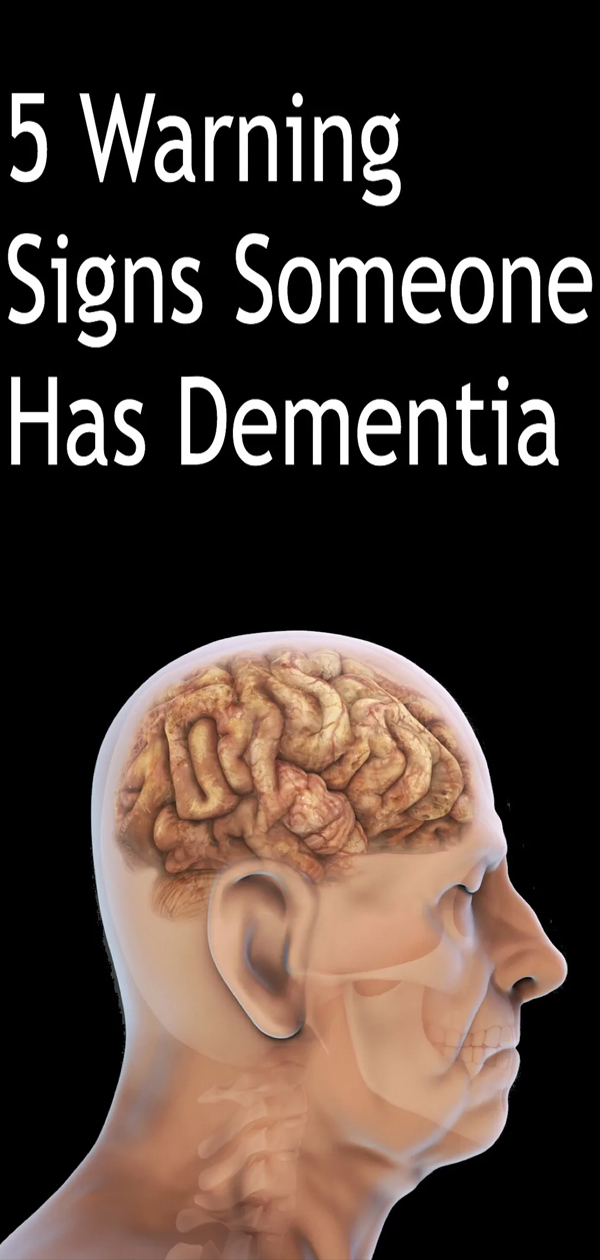“Can I remember exactly when I ‘lost’ my husband? Was it the moment when I had to start tying his shoelaces for him? Or when we stopped being able to laugh with each other? Looking back, that turning point is impossible to pinpoint. But then, that’s the nature of dementia.” – Judy Parfitt, English Actress
Like most illnesses that severely affect cognitive functioning, dementia is a tragic, gut-wrenching condition. In this article, we’re going to discuss what dementia is (and is not), some warning signs of the condition, and methods of treatment.
What is dementia?
Per the Alzheimer’s Organization, dementia is “a general term for a decline in mental ability severe enough to interfere with daily life.” Loss of memory and Alzheimer’s – the most common form of dementia – are two examples. Dementia is, generally, a gradual decline in memory, thinking and reasoning skills.
Dementia itself is not a specific disease. Rather, the term applies to a breadth of symptoms which may indicate the presence of a severe cognitive disorder. Due to the complex nature of the disorder, Dementia can only be diagnosed by a licensed medical doctor (usually a neurologist).
Types of Dementia
As mentioned, Alzheimer’s disease is the most common form of dementia, accounting for 60 to 80 percent of all cases. Alzheimer’s is a fatal disorder that neutralizes brain cells and cognitive functionality. Sadly, individuals with Alzheimer’s disease often notice the changes in themselves; this makes it difficult to articulate what they’re experiencing to friends, family, and others.
The second-leading cause of dementia is called Vascular dementia – a form of dementia resulting from a stroke. The Mayo Clinic characterizes a stroke as follows:
A stroke occurs when the blood supply to your brain is interrupted or reduced. This deprives your brain of oxygen and nutrients, which can cause your brain cells to die. A stroke may be caused by a blocked artery (ischemic stroke) or the leaking or bursting of a blood vessel (hemorrhagic stroke).
What dementia is NOT
As mentioned, dementia is a complex medical condition; yet, ignorance has led people to believe that it is strictly age-related – it is not. Per the Alzheimer’s organization:
Dementia is often incorrectly referred to as “senility” or “senile dementia,” which reflects the formerly widespread but incorrect belief that serious mental decline is a normal part of aging. Changes to memory often (not always) occurs as one ages.
The primary difference between any “age-related” memory problems and dementia is the degree to which daily life is impacted. Everyone forgets something at some time or another, or experiences acute bouts of ‘brain fog.’ Many people have memory issues and trouble with thinking clearly- this does not mean that they have dementia.
Given the intricacy of the topic at hand, we advise anyone who is or knows someone experiencing cognitive problems to seek medical advice.
Here Are 5 Potential Signs Of Dementia:
1. Difficulty In Planning Or Solving Problems
Some people with dementia experience sudden changes in their capacity to develop and follow a plan. Once simple tasks, such as keeping track of bank balances or following a recipe, for example, become much more complicated. It’s also common during the onset of dementia to experience increased problems with concentration.
2. Trouble With Once-Familiar Tasks
One of the more visible signs of dementia is a decreased ability to complete routine tasks. Perhaps the person is unable to navigate a familiar route or forgets about how to play a favorite game. Normally, executing something habitual is a deeply engrained neuronal activity; one is able to be completed “without thinking.” Any noticeable changes in someone’s ability to complete a common task require attention.
3. New Problems When Communicating
People with dementia often have problems following a conversation. They may cease interacting, forget about something they said (perhaps repeat themselves), or have no idea how to proceed. Vocabulary challenges are also common, such as the inability to find the correct word.
4. Withdrawal From Social Or Work Activities
When a person begins to experience the cognitive challenges that dementia brings, they may start to remove themselves from work or social activities. Part of this withdrawal may be attributed to personality changes, fearfulness, or denial. Regardless of the rationale, some dementia sufferers become progressively distant.
5. Memory Loss Disruptive To Daily Life
Again, the key phrase is “disruptive to daily life.” Memory lapses happen to all of us, but rarely – if ever – do such lapses significantly handicap our day. During the early stages of dementia, forgetting recently learned information is one of the most universal signs of the underlying condition. Other notable signs of severe memory problems:
– forgetting important dates or events
– repeatedly asking for the same information already given
– an increasing reliance on memory aids
– an increasing reliance on others to remember something
Conclusion
Currently, there is no known cure for Alzheimer’s disease or any of the most progressive dementias. Drug treatments are available that may help relieve some of the symptoms, and there is social support for dementia patients and their families.
The Alzheimer’s Organization provides six key recommendations for preventing dementia:
‘- Don’t smoke
– Keep your blood pressure, cholesterol, and blood sugar within recommended limits
– Eat a healthy, balanced diet
– Exercise
– Maintain a healthy weight
– Limit alcohol consumption.’


